Always Evolving Security Solutions
Our Secure and Resilient Systems (SRS) group performs emergent research and development in system-of-system guarantees, battlefield computing architectures, and AI-enabled secure waveform generation to safeguard our nation from physical and digital threats.
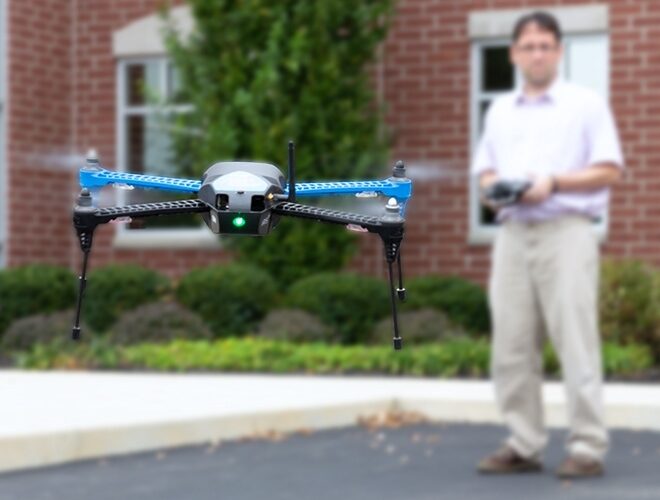
Staying ahead
Our Secure and Resilient Systems team focuses on securing systems as they interact in both the physical and digital world. Blending physical and digital leads to new possibilities for emergent vulnerabilities, which necessitates an always-evolving approach to cybersecurity. SRS has embraced this challenge and employs leading researchers across multiple areas to include radio frequency, radar, formal methods, cryptography, and microelectronics.
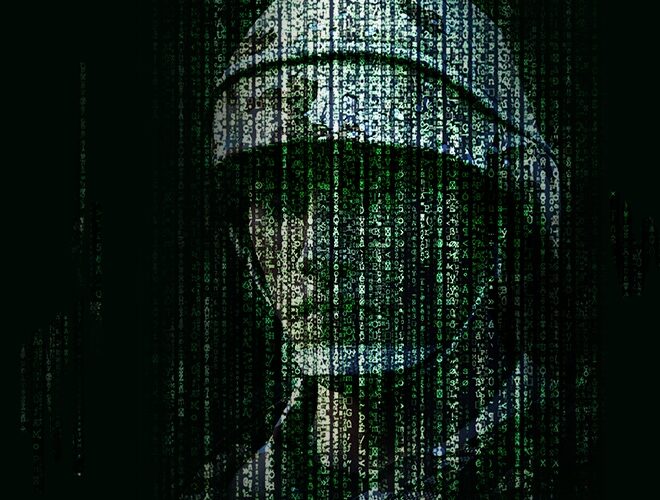
Riverside Research: Challenge accepted
Because we employ researchers from a wide range of specialties, the Riverside Research SRS team is able to take a holistic approach to emerging security challenges. We tackle challenges relating to System of System Security, interoperability of those systems, the proliferation of commercial parts, and the increasing threat of insecurities that exist in translating between physical and digital worlds. We attack these challenges head on through intense research to develop a secure and interoperable open architecture future for the Department of Defense (DoD) and intelligence community. We deliver solutions that adhere to zero-trust principles and interoperate in the emerging physical and digital security landscape of the modern battlefield.
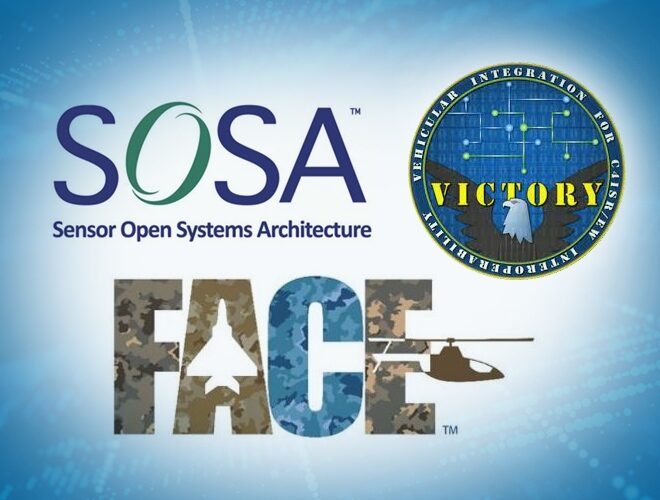
Open architectures, faster results
Riverside Research continues to be actively involved in design, development, and deployment of Department of Defense Open Architectures. Our SRS team has worked with Open Mission Systems (OMS), Future Airborne Capability Environment (FACE), Vehicular Integration for C4ISR Interoperability (VICTORY), Data Distribution Service, among other projects.
We believe in open standards so much that we chair the Sensor Open System Architectures (SOSA) Security Subcommittee.
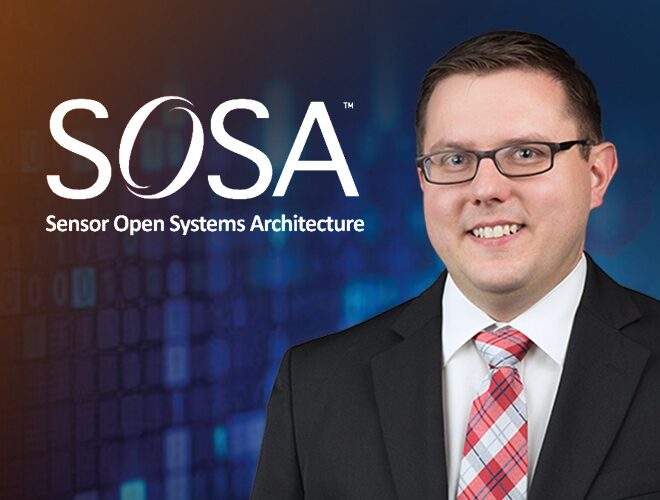
Leading the way in open architecture
Our Dr. Michael Clark leads the Sensor Open Systems Architecture (SOSA) Consortium’s Security Subcommittee. The SOSA Consortium is an open working group led by the Air Force, Army, and Navy with participants from across government and industry. We are developing a reference architecture for future sensor systems (including electronic warfare [EW], Comms, electro-optical/infrared [EO/IR], and signals intelligence [sigint]) to support airborne, subsurface, and space platforms. The Security Subcommittee is also developing requirements for the cybersecurity of these sensor systems. Our leadership in SOSA is just one example of our commitment to Open Innovation.
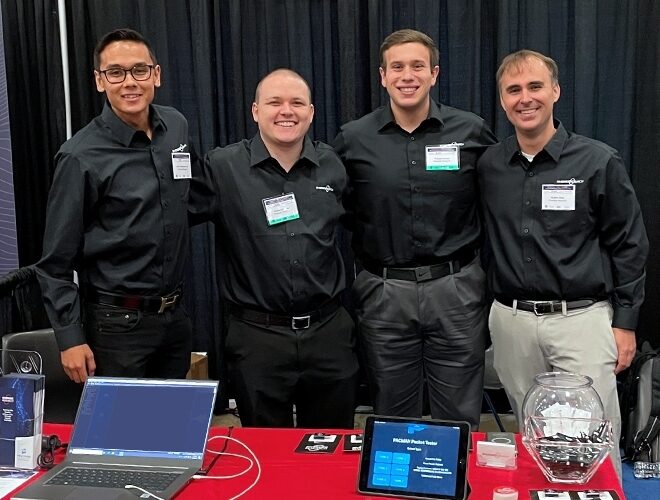
Mission success is a team sport
The Riverside Research SRS team embraces collaboration by actively participating in:
- The National Science Foundation's Center for Hardware and Embedded Systems Security and Trust (CHEST) Consortium
- The Embedded Capture The Flag (eCTF) competition which hosts more than 20 undergraduate teams utilizing real hardware to create secure and resilient systems to overcome simulated threats
- Conferences and publications like IEEE
- On-site partnerships with government and industry mission partners near and far

UC-PACT
Universal Composability for Preventing Adversarial Composition Techniques (UC-PACT) is a web-based tool to help create Universal Composability (UC) models through the use of a graphical user interface. For the past two years, Riverside Research’s Secure and Resilient Systems team has been working with Boston University to bring UC security analysis to the masses.
With more than two decades of theoretical research behind it, UC is the gold standard for modeling and analyzing the security of complex computer systems. UC-PACT makes it possible for anyone to construct and visualize system models through its user interface and automatically produces formal model code. This is a major step towards fully mechanizing UC analysis to help system designers and developers build better protected systems in the future. Now anyone can download the tool and get started with UC system modeling.
